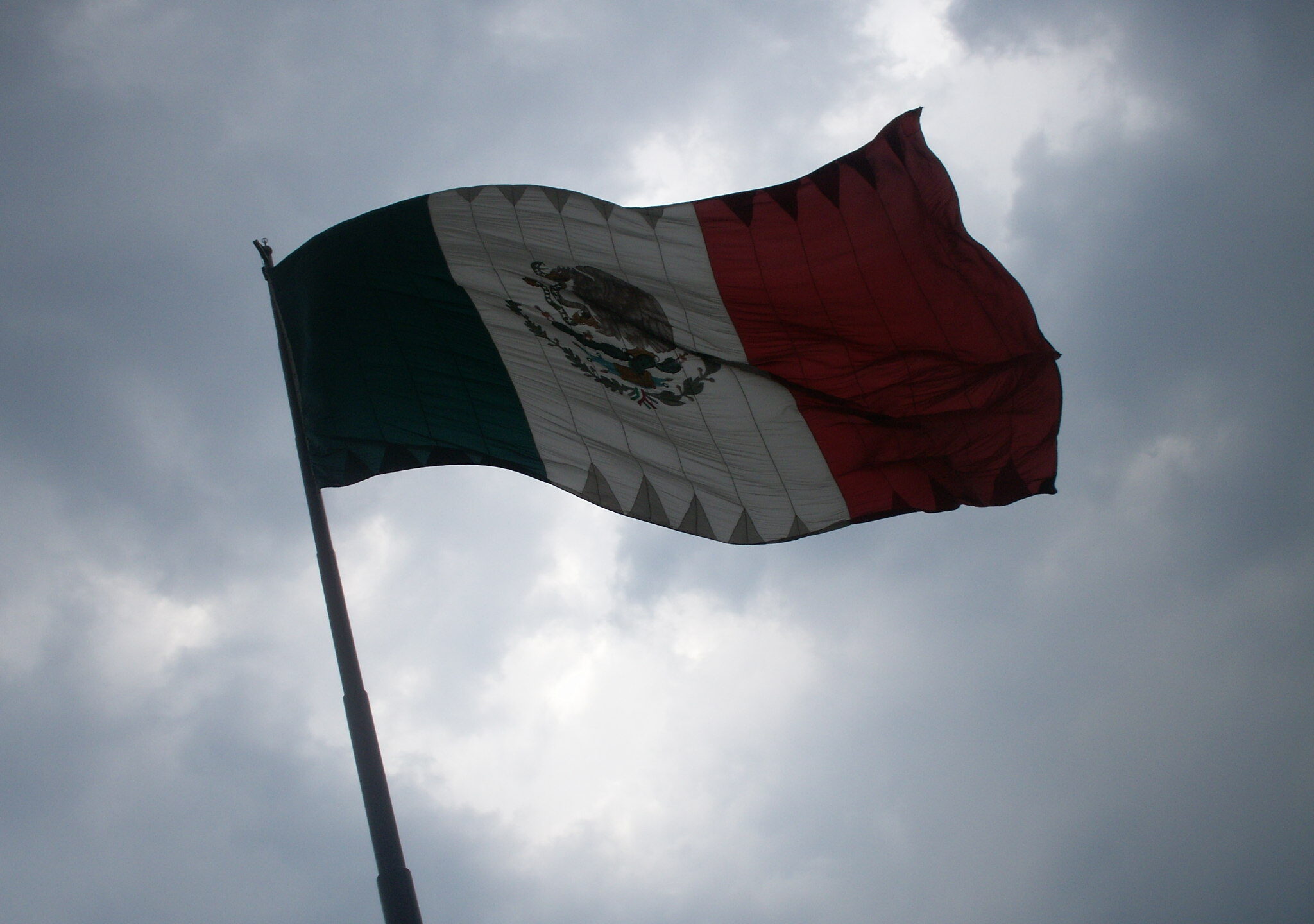September 11, 2024
Is Mexico at risk of turning back into a one-party state?

On June 2, millions of Mexicans went to the polls. The result was a resounding triumph for outgoing President Andrés Manuel López Obrador (AMLO) and his Morena party. Claudia Sheinbaum, AMLO’s chosen successor as president, claimed nearly 60 percent of the popular vote, besting second-place finisher Xóchitl Gálvez by more than 30 percentage points. Morena’s candidates won seven of the nine contested governorships, a supermajority in the lower Chamber of Deputies and very close to a supermajority in the Senate. Morena dominated the local races as well, giving the party control over 27 of Mexico’s 32 state legislatures.
Why does this matter? Because as the old saying goes, elections have consequences. AMLO, still a popular figure after six years in office, made it abundantly clear that he had unfinished business and wasn’t going to spend his final months planning his retirement. At the top of the list—reforming Mexico’s judicial system, which AMLO frequent upbraids as corrupt and “rotten.”
AMLO’s reform package, however, is likely to make the judiciary even more rotten than it already is. Despite what AMLO and his surrogates may say in public, it’s difficult not to see the judicial reform measure as nothing short of a transparent revenge campaign against the one institution in Mexico’s system of government—the courts—that has put a check on his policies. AMLO may dress it up as a nationwide exercise in democracy now that thousands of judges at the federal, state, and local level will soon be elected rather than appointed to their positions. But the reality is far more convoluted and potentially dangerous for the state of Mexico’s still relatively young democracy.
More on Western Hemisphere

July 8, 2025

By Daniel DePetris and Christopher McCallion
July 2, 2025

Featuring Jennifer Kavanagh
June 11, 2025

Featuring Edward King
June 3, 2025
Events on Grand strategy





